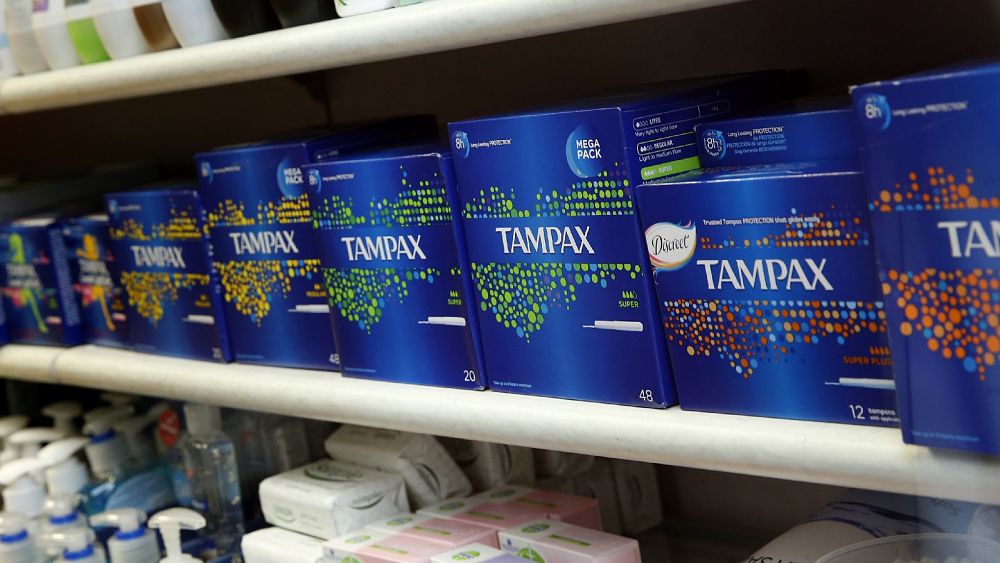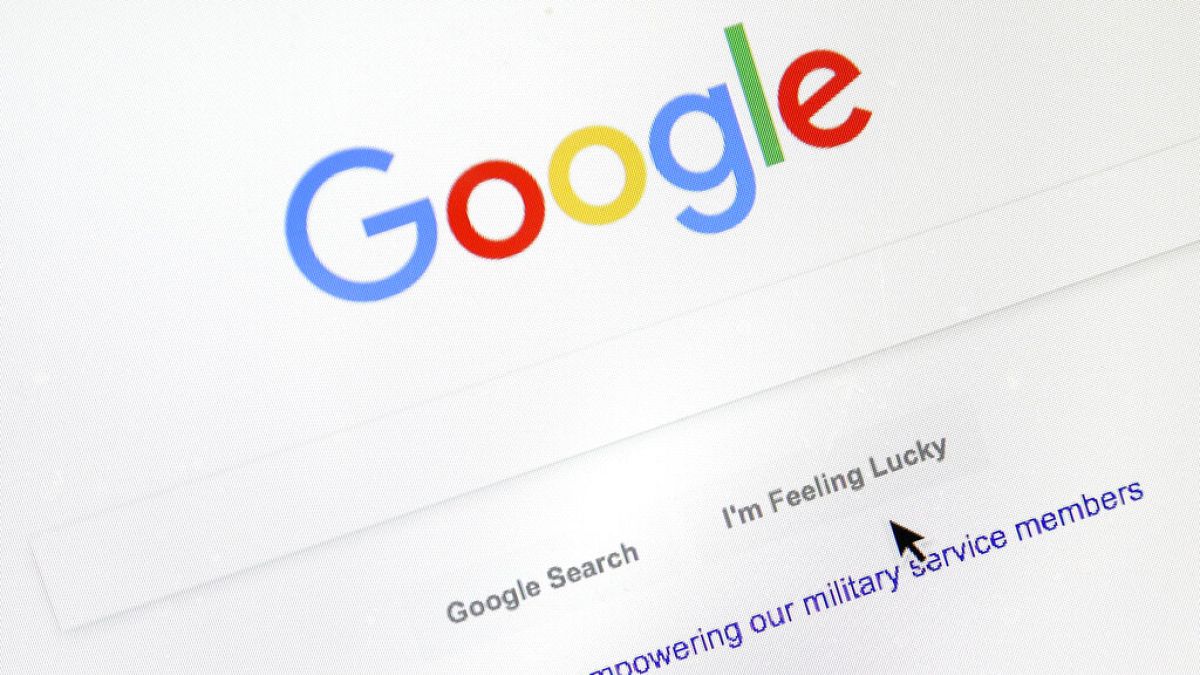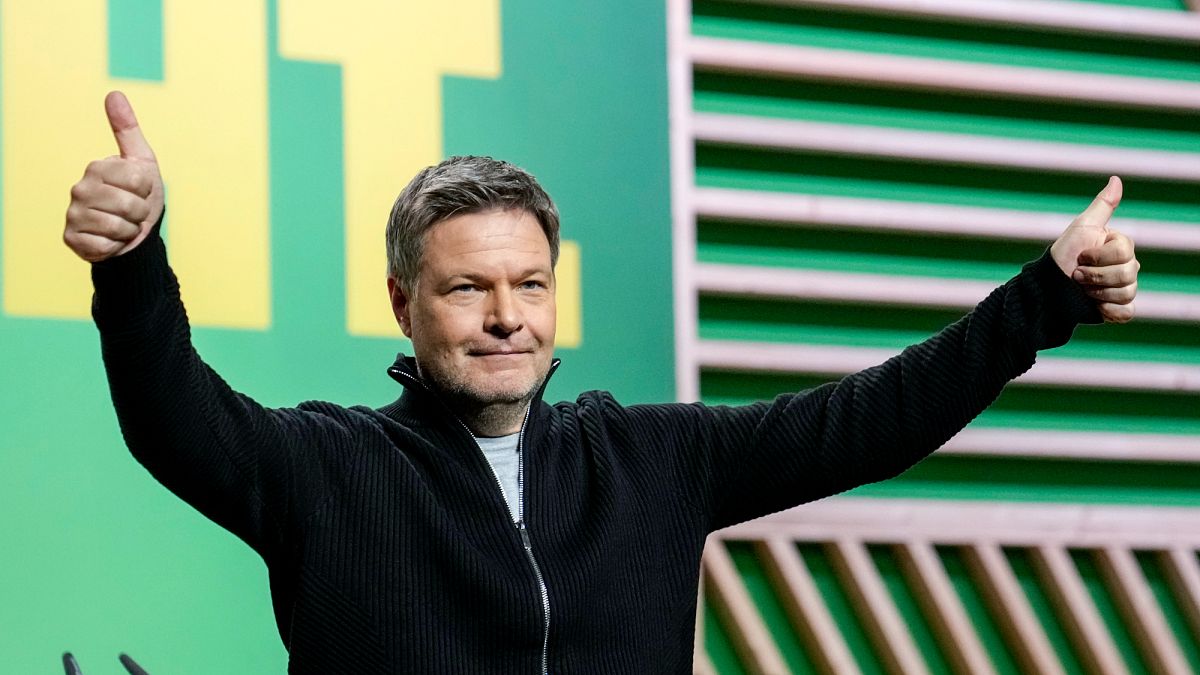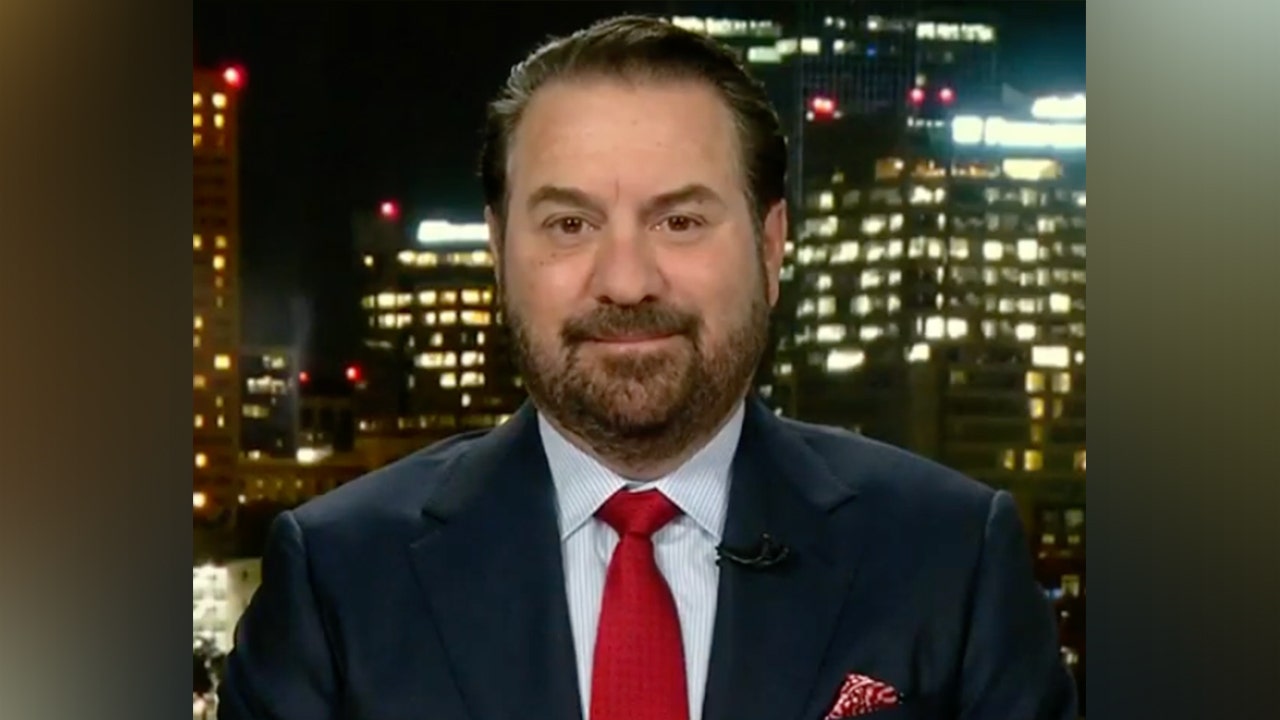World
Austria has a period poverty problem. Here’s why

Sanitary products are too expensive for many women while sexual education is also too outdated, NGOs say.
“I’m menstruating 12 times a year for an average of 30-40 years so why should I pay horrendous amounts of money for it?” Iris, a 26-year-old resident of Vienna, Austria, pondered.
The young woman is among the 79% of Austrian women who said they’d like to see period products become free, instead of spending roughly over €3,000 in their lifetime
According to a recent survey by Plan International, a children and women’s rights NGO, one in three women in Austria finds that “their monthly period expenses are a financial burden for them. The small Alpine country of just under 9 million inhabitants counts half a million women in poverty.
There have been cases of women, particularly the homeless, using socks as a cheaper alternative to sanitary products.
Period poverty doesn’t just refer to the financial aspect of women’s periods, but also to the lack of access to sanitary products, education on menstrual hygiene and waste management.
‘It’s a big taboo’
Iris, for instance, told Euronews she learnt about the different sanitary products available outside of the school system, like many Austrians. “I was taught about alternatives for sanitary products through the internet and my friends basically.”
The Austrian Social Ministry stated in its Women’s Health Action Plan released last year that the country has a low level of health literacy when compared internationally and correlated low economic status with insufficient health literacy.
Education in sexual health is seen as necessary to not only teach young women about what’s happening biologically, help them understand the best sanitary products to use and their alternatives and how to use them safely but also expose men to these issues, and normalise what is often seen as an ‘off limits’ topic.
Vienna-based sexologist, Ursula Wilms-Hoffmann, has been working as an educator within Austrian schools for years with the aim of making sure women are educated about their bodies but also the variations in menstruation products.
“Sexual health needs to be improved a lot,” she told Euronews, “It’s a big taboo [in Austria]. I don’t know why really, but it’s getting better.”
The gap in communication on how to address this issue is often between the federal Parliament and the individual regions, with each region rolling out different solutions.
Vienna set up a free pick-up box for sanitary products within the city during the winter of 2021/22 and distributed 80,604 tampons and 94,960 pads in total. In the eastern region of Vorarlberg menstruation products were made free in state schools, one of the few such cases within Europe to enact such a policy.
The Value Added Tax (VAT) on women’s hygiene products was also lowered by parliament from 20% to 10% in 2021.
‘A lot of the books are old’
“When it comes to awareness with sanitary products, we also take a look at Germany, where the situation is similar,” Rihab Toumi, the president of the Austrian National Youth Council (BJV), an organisation that legally represents the youth of Austria, told Euronews.
Germany, Austria’s much larger northern neighbour, has similar problems when it comes to period poverty with 23% of women surveyed by Plan International in 2022 saying that the expenses for menstrual hygiene products were a financial burden.
This is despite the VAT on menstrual products being reduced in 2020 from 19% to 7%.
The similarities don’t end there.
Strawberry Week, an organisation aiming to change the public perception of menstruation whilst also advocating for more sustainable products, works in schools in both countries.
“A lot of the books are old books, and a lot is missed out,” the organisation’s director, Rika Mader, told Euronews.
“Mostly it’s young men who don’t realise how expensive and non-sustainable period products are. There’s a lot of people who need to be convinced it’s not a luxury product,” she added.
Strawberry Week gives support to young women and has a German language educative platform called ‘Ready for Red’ to help fill in the blanks left by the national and regional curriculums.
The BJV has been an active player in trying to get the Austrian government’s policy to reflect the need of Austrian women for sanitary hygiene products to be cheaper and more widely available, with varying degrees of success.
They were big advocates for the lowering of the VAT on period products in 2021 and are also working on changing the school curriculum.
But there are currently no bills or plans within parliament to further address period poverty issues meaning that although the situation is better than it was a decade ago, there is still a long road ahead that involves teaching men, as well as women, about the true cost of menstruation.

World
State Department notified Congress of intent to reorganize USAID, Rubio says

World
United Kingdom could be only G7 nation not to produce its own steel; Chinese owner blames Trump tariffs

The United Kingdom could be the first G7 nation not to manufacture its own steel, with a major steel firm blaming President Donald Trump’s tariffs for the planned closure of its two blast furnaces.
British Steel, which is owned by Jingye, the Chinese steel group, announced plans to close its two blast furnaces in England, The Telegraph reported. The closures put 2,700 jobs at risk and the end of steel production in the United Kingdom after 150 years. Jingye bought British Steel in 2020.
Jingye said the “imposition of tariffs” had made the blast furnaces and steel-making operations “no longer financially sustainable”.
THE LEFT THINKS TRUMP’S TARIFFS ARE A DECLARATION OF WAR. BUT THEY’RE CLUELESS ABOUT THE BATTLEFIELD
A flag with a British Steel logo at the entrance to the steelworks plant in England. The Chinese firm that owns the steelmaker is blaming President Donald Trump’s tariffs for the potential closure of two blast furnaces in England. (Anna Gowthorpe/PA via AP)
Trump has imposed 25% tariffs on steel and aluminum imports to the United States that went into effect earlier this month.
Jingye said it has invested billions of dollars to maintain operations since 2020 but that losses have ballooned to around hundred of thousands of dollars daily.
The closures could have national security implications.
“There is a reason why Russia bombed all the blast furnaces in Ukraine pretty much straight away; because countries need steel not just for defense but to build the roads and the infrastructure,” said Sarah Jones, the energy minister.
Roy Rickhuss, general secretary of the Community union, said: “We urge Jingye and the government to get back around the table to resume negotiations before it is too late.”
TRUMP’S 25% TARIFF INCREASE ON ALL STEEL, ALUMINUM IMPORTS TAKES EFFECT, PROMPTING RETALIATION FROM EUROPE

President Donald Trump speaks to an audience. (Donald Trump/Truth Social)
“Given that we are now on the cusp of becoming the only G7 country without domestic primary steelmaking capacity, it is no exaggeration to say that our national security is gravely threatened,” he added.
Trump has fought to keep U.S. Steel in American hands. Nippon Steel, a Japanese company, said it was willing to increase investment in U.S. Steel facilities to $7 billion as it tries to convince Trump thah the Pittsburgh steelmaker would be in good hands with foreign ownership.
“We are also going to keep U.S. Steel right here in America,” Trump said during a September 2024 campaign rally.
Trump first opposed the deal in February 2024, but said earlier this year that Nippon would negotiate an investment in U.S. Steel, rather than a purchase, the Pittsburgh Post-Gazette reported.
World
Myanmar-Thailand earthquake death toll passes 1,000

DEVELOPING STORYDEVELOPING STORY,
Myanmar’s military rulers say at least 1,002 people killed following earthquake that also left at least 10 dead in Thailand’s capital, Bangkok.
The death toll from a huge earthquake that hit Myanmar and Thailand has passed 1,000, as rescuers dug through the rubble of collapsed buildings in a desperate search for survivors.
At least 1,002 people were killed and nearly 2,376 injured in Myanmar’s Mandalay region – the country’s second-largest city and close to the epicentre of the quake – the country’s military government said in a statement on Saturday.
“It was a pretty uncomfortable night for lots of people. They chose to sleep outside. We saw them in parks putting mattresses outside their homes,” Al Jazeera’s Tony Cheng reported from the capital Naypyidaw.
“There were still aftershocks, several we felt this morning. They were not significantly large ones, but enough to make people feel uncomfortable returning into built-up structures,” he added.
In the Thai capital Bangkok – located 1,000km (620 miles) from the epicentre in Myanmar – about 10 more deaths have been confirmed.
“Infrastructure such as roads, bridges, and buildings were affected, leading to casualties and injuries among civilians. Search and rescue operations are currently being carried out in the affected areas,” Myanmar’s military said in the statement, which raised the death toll sharply from a previously reported 144 deaths.
The shallow 7.7-magnitude quake struck northwest of the city of Sagaing in central Myanmar in the early afternoon on Friday, followed minutes later by a 6.7-magnitude aftershock.
The quake destroyed buildings, downed bridges, and buckled roads across swathes of Myanmar, and due to patchy communications in remote areas, many believe the true scale of the disaster has yet to emerge.
Rescuers in Bangkok laboured through the night on Friday searching for workers trapped when a 30-storey skyscraper under construction collapsed, reduced in seconds to a pile of rubble and twisted metal by the force of the shaking.
Bangkok Governor Chadchart Sittipunt said that about 10 people had been confirmed killed across the city, most in the skyscraper collapse. But up to 100 workers were still unaccounted for at the building site, close to the Chatuchak weekend market that is a magnet for tourists.
“We are doing our best with the resources we have because every life matters,” Chadchart told reporters at the scene.
“Our priority is acting as quickly as possible to save them all,” the governor said.
Bangkok city authorities said they will deploy more than 100 engineers to inspect buildings for safety across the city after receiving more than 2,000 reports of damage.
-

 World1 week ago
World1 week agoCommission warns Alphabet and Apple they're breaking EU digital rules
-

 News1 week ago
News1 week agoZelenskyy says he plans to discuss Ukraine ceasefire violations in a call with Trump
-

 News1 week ago
News1 week agoTrump’s Ending of Hunter Biden’s Security Detail Raises Questions About Who Gets Protection
-

 Technology1 week ago
Technology1 week agoStreaming services keep getting more expensive: all the latest price increases
-

 Sports1 week ago
Sports1 week agoThe BookKeeper – Exploring Manchester City’s finances during a season of change
-

 News1 week ago
News1 week agoNASA Astronauts Don’t Receive Overtime Pay for Space Mission But Get $5 a Day
-

 Business1 week ago
Business1 week agoTrump Administration Lifts Ban on Sugar Company Central Romana Over Forced Labor
-

 Culture1 week ago
Culture1 week ago‘Can’t-miss’ Men’s NCAA Tournament games on Thursday and Friday: truTV FTW?

















